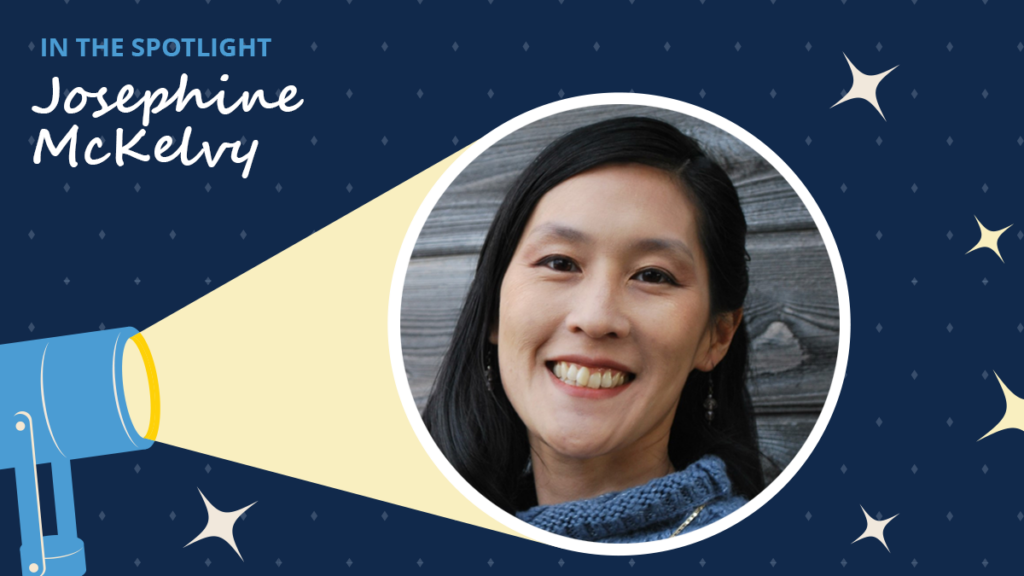by Melissa Marcus
Josephine McKelvy, Ph.D., has many talents, not the least of which is her role as an Evaluation Research Scientist with Abacus.
Her skills range from scrap-booking to making sure programs are sending the message and doing the work they need to do. From a birds-eye view to a ground-level perspective, Josephine has it covered.
We reached out to her to learn more about the important work she does.
Tell us about your role at CHER/Abacus. What’s your position and focus?
I am an Evaluation Research Scientist with Abacus.
In my year here, my work has been three-fold: I have supported teams in developing pre-award materials and scopes of work for evaluating the progress of grant-supported programs in addition to constructing the surveys, interview guides and evaluation plans to collect and analyze those data as well as drafting the reports, data briefs, slide decks and manuscripts to share our findings.
What do you like best about working at CHER/Abacus?
My favorite part of the job is creating things, whether that’s planning how we conduct new evaluations, creating infographics for reports and presentations, or writing out our methods and findings for conference presentations or manuscripts for publication.
What’s the most important thing for people to understand about what you do?
Every time I answer the question, “So what do you do?” I also have to add that that means I interview and survey people to see if a program or service is doing what it means to do.
So what-I-physically-do is probably the most important thing for strangers to understand about what I do.
As for colleagues, it’s important for us to remember that, even though every bit of your findings might be interesting to you, your audience won’t feel the same way.
It’s our job to uncover and tell that analytic story to our audiences with only as little information as they need to know to understand the plot, setting and characters involved. Otherwise, we’re just dumping data onto them.
The flipside of that is to only gather information that you’ll actually analyze. Even though I write surveys, I don’t always take them when asked to participate because they ask for a lot of information!
What are some challenges you face?
With evaluation, I have the privilege of a bird’s eye-view of people’s perceptions about a program as well as the responsibility of advocating for their recommendations to remedy any pain points.
So it can be frustrating when our findings don’t immediately feed into decisions and changes that improve the program.
What’s a fun fact about you?
I’m a blue-ribbon scrapbooker, according to the North Carolina State Fair.

